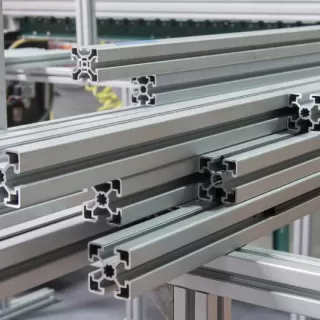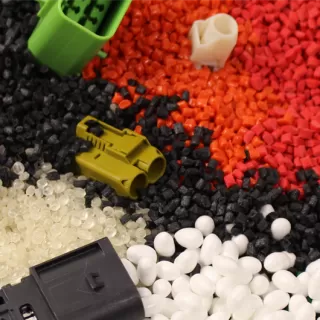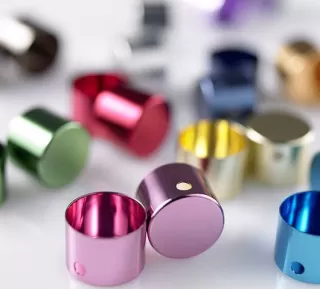Vacuum casting, also known as polyurethane casting, is a cost-effective method that allows the production of low MOQ of functional plastic parts. The materials used in vacuum casting are typically two-part polyurethanes. They can replicate the characteristics of the desired material, such as hardness, heat resistance, flexibility, and durability.
Polyurethane (PU) | PUs are versatile and can be formulated to mimic a wide range of injection-molded plastics. They're ideal for prototypes and short-run production parts due to their excellent balance of mechanical properties and cost-effectiveness. |
Elastomers | These are excellent for parts requiring high flexibility and elasticity. They're capable of withstanding repeated stretching and flexing without deforming. |
Epoxy Resins | Epoxy resins are known for their high strength, excellent dimensional stability, and resistance to wear and tear. They're typically used for functional parts or prototypes that need to withstand mechanical stresses. |
Polyethylene-like Materials | These materials offer a waxy feel, good flexibility, and strength. They're perfect for living hinges and snap fits due to their flexibility and impact resistance. |
Polycarbonate-like Materials | Ideal for transparent parts, these materials offer excellent clarity and heat resistance. They're suitable for prototypes of light covers, lenses, and other transparent components. |
ABS-like Materials | ABS-like materials are known for their good impact resistance, toughness, and excellent surface finish, making them ideal for functional prototypes and end-use parts. |
The materials listed above are the most commonly used ones in vacuum casting, but the list isn't exhaustive. The specific range of materials that can be used depends on the capabilities of the vacuum casting facility and the requirements of your project.
Therefore, it's always best to consult with GD-HUB's tech support about what materials match your project for vacuum casting and which would be the most suitable for your specific application.
Related Knowledge


